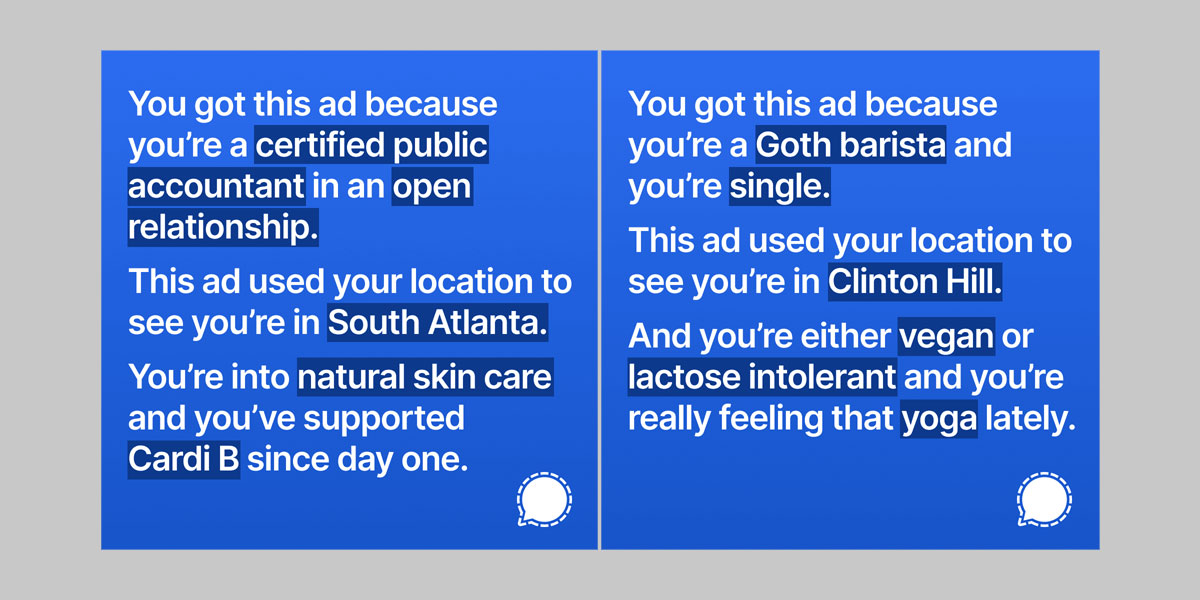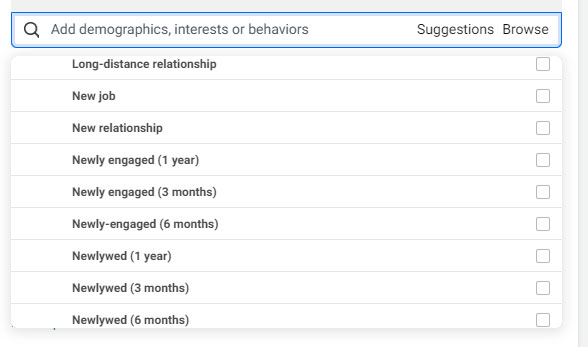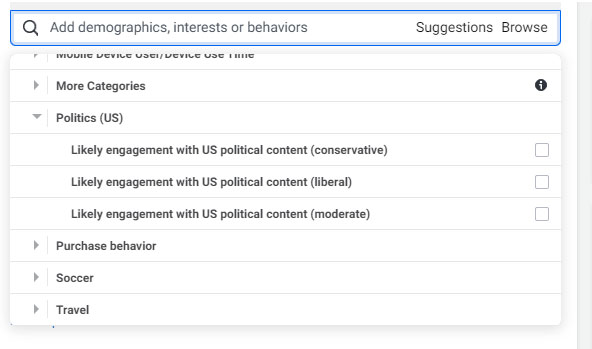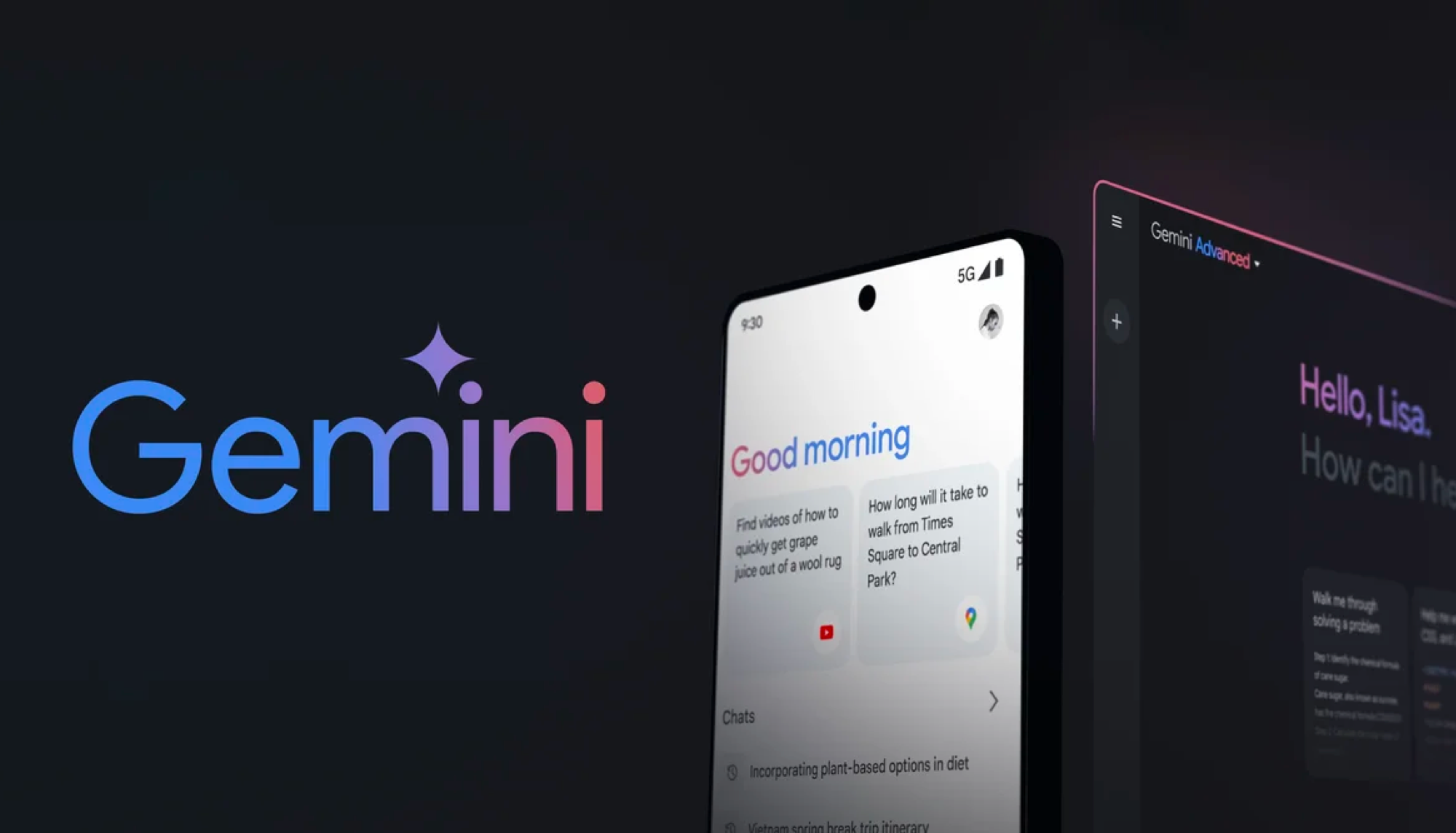These are the creepy ads Facebook doesn't want you to see
Signal tried to run ads on Instagram putting Facebook's data collection all in your face

It's no secret that Facebook, Instagram and WhatsApp collect a fair bit user data. But how much exactly? A new blog post by the makers of Signal, the open-source secure messaging platform, shows that it's quite a lot.
"You got this ad because you're a newlywed Pilates instructor and you're cartoon crazy," reads one ad that Signal had planned to run on Instagram. "This ad used your location to see you're in La Jolla [a San Diego suburb]. You're into parenting blogs and thinking about LGBTQ adoption."
- How to use Signal: Everything you need to know
- The best encrypted messaging apps
- Plus: Chinese TV maker: Yes, our Android TVs spied on customers
"You got this ad because you're a Goth barista and you're single," reads another prospective ad. "This ad used your location to see you're in Clinton Hill [a Brooklyn neighborhood]. And you're either vegan or lactose intolerant and you're really feeling that yoga lately."
Signal planned to run these ads on Instagram targeting people who fit those specific profiles — and freak them out with how specific each ad was.

"The ad would simply display some of the information collected about the viewer which the advertising platform uses," explained Signal's Jun Harada in the Signal blog post Tuesday (May 4).
Unfortunately, Harada added, "Facebook was not into that idea," and Signal's Facebook ad account was disabled.

That's a shame, because as Harada explained in the blog post, "the way most of the internet works today would be considered intolerable if translated into comprehensible real-world analogs, but it endures because it is invisible."
Sign up to get the BEST of Tom's Guide direct to your inbox.
Get instant access to breaking news, the hottest reviews, great deals and helpful tips.
"Facebook's own tools have the potential to divulge what is otherwise unseen," he added. "We wanted to use those same tools to directly highlight how most technology works."
We ourselves didn't quite understand what was going on here. Was Facebook collecting information about specific individuals and then delivering that information to advertisers? So we called Harada (on Signal, of course) for more information.
He explained to us that it's the other way around. Facebook has a tool called the Facebook Ad Manager that you can try using yourself.
It lets you create ad campaigns targeted to very specific demographic groups and interests, for example women between 25 and 35 who are into country music, mountain biking and liberal politics. Or it can get even more granular, as evidenced by the ads Signal wanted to run.

Basically, Harada told us, you can use the Facebook Ad Manager to create your ideal targeted person. Facebook will find real people who come close to matching that ideal person and send those people your ads.
You can create a target audience based on location, interests, relationship status, hobbies, activities, ethnicity, level of education, number of children, job titles and, at least in the United States, politics.

So it's not quite as creepy as Facebook pulling out all the details about you or me as individuals and sending that to advertisers. The advertisers never see your actual data. But it's still pretty jarring to read ads that seem crafted specifically for you.
Or, at least, it would have been had Facebook permitted Signal to go ahead with those Instagram ad buys.
Ironically, Harada noted in the blog post, "being transparent about how ads use people’s data is apparently enough to get banned" from Facebook's ad platform.
"In Facebook's world," he added, "the only acceptable usage is to hide what you're doing from your audience."
Paul Wagenseil is a senior editor at Tom's Guide focused on security and privacy. He has also been a dishwasher, fry cook, long-haul driver, code monkey and video editor. He's been rooting around in the information-security space for more than 15 years at FoxNews.com, SecurityNewsDaily, TechNewsDaily and Tom's Guide, has presented talks at the ShmooCon, DerbyCon and BSides Las Vegas hacker conferences, shown up in random TV news spots and even moderated a panel discussion at the CEDIA home-technology conference. You can follow his rants on Twitter at @snd_wagenseil.

